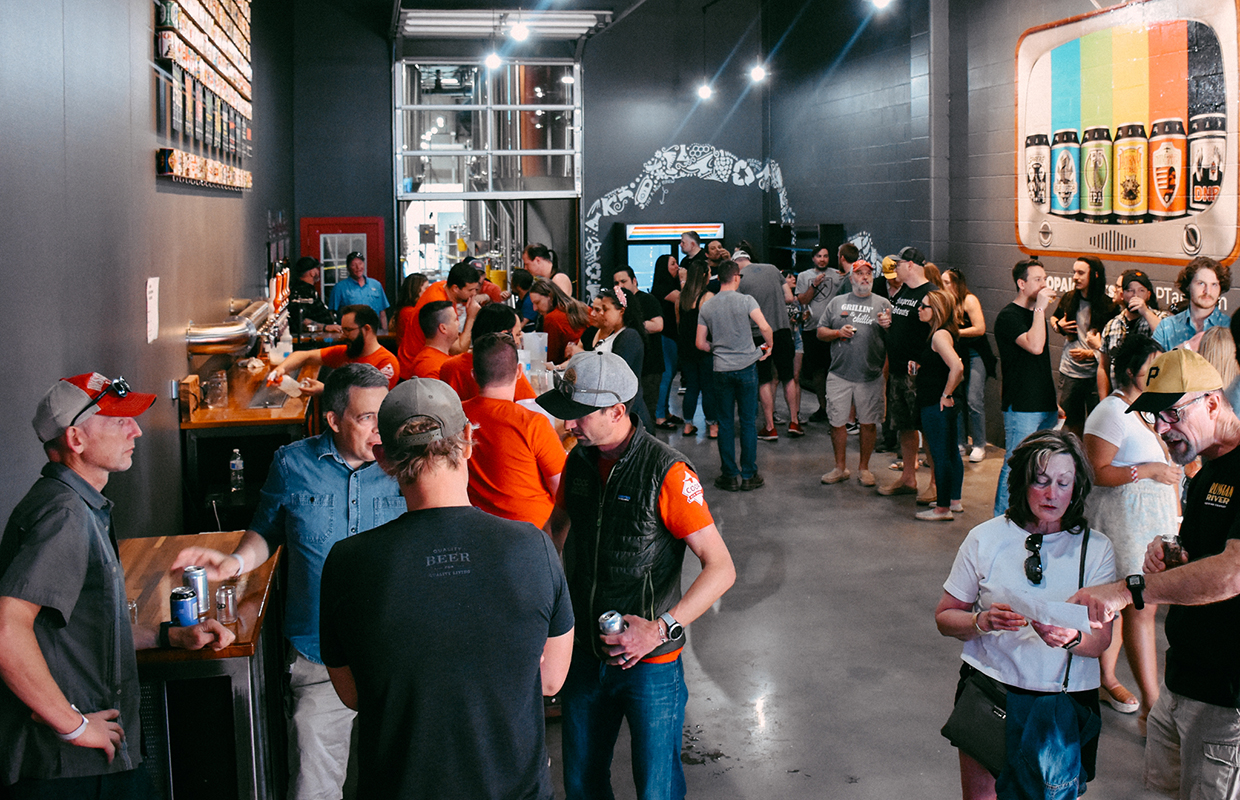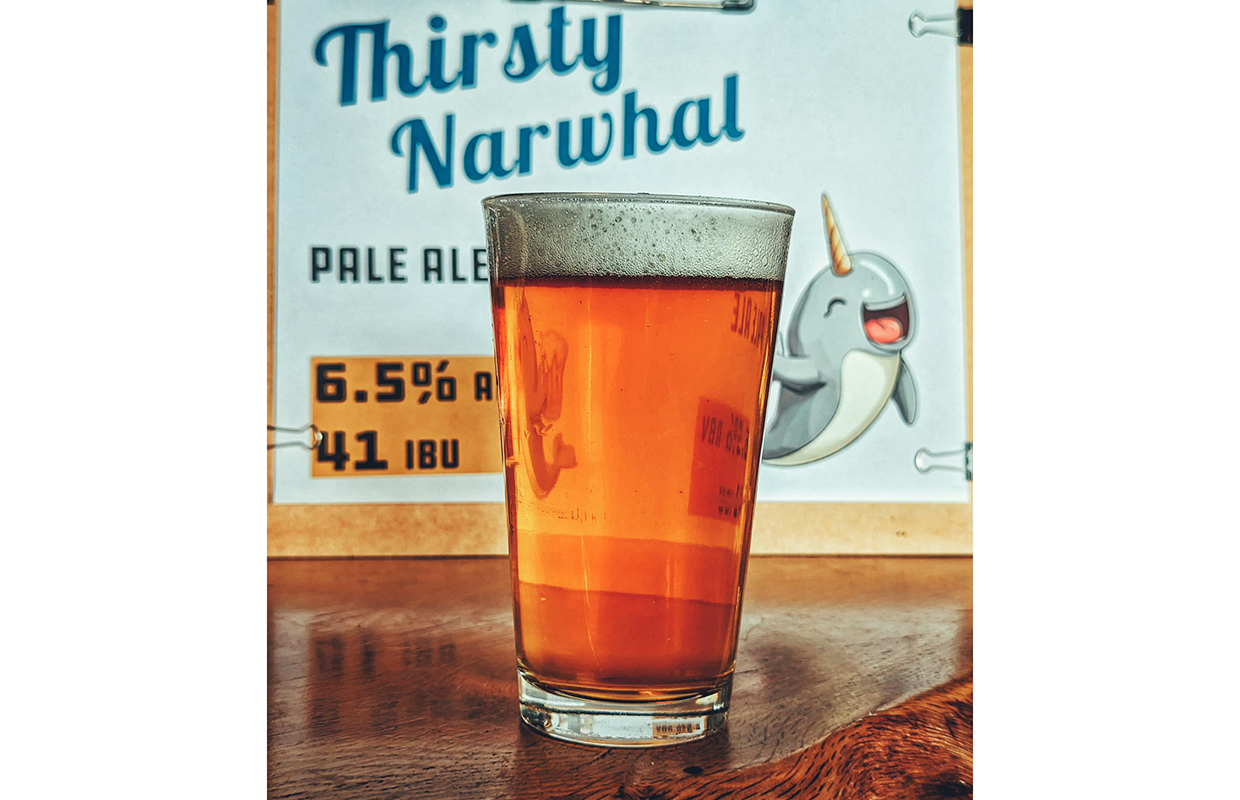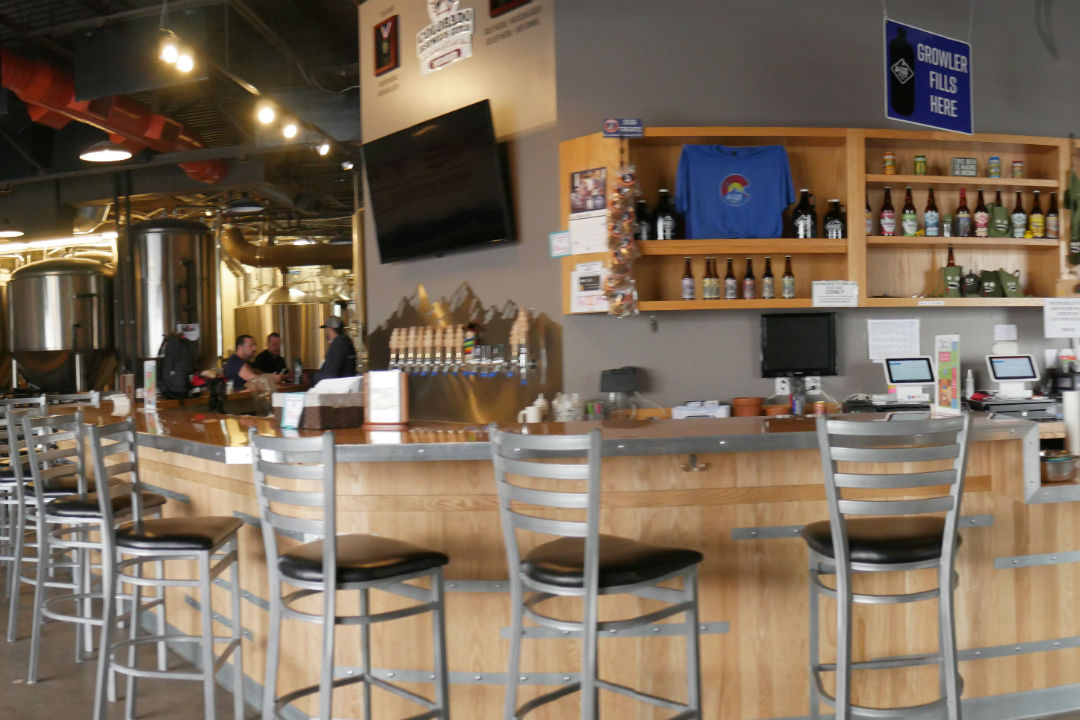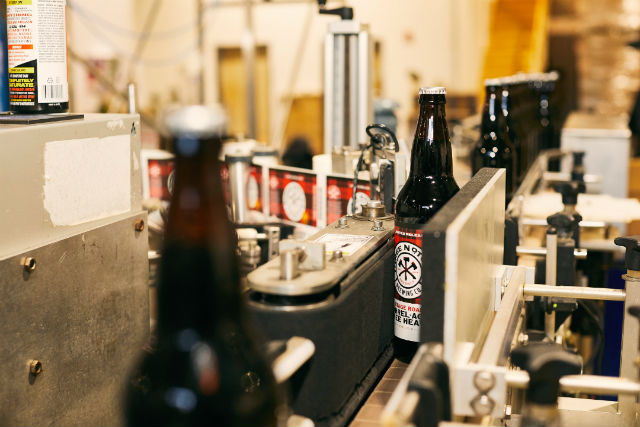
Getting the word out for a big event matters and in social media that may cost more than just some time now. COOP Ale Works likes to use on-site signage any chance that they can, such as menus, banners, custom event signs and QR codes for campaigns.
“It’s never too late to advertise events,” said Marketing Manager Kaity Menasco. “Lots of people tend to wait until the last minute to purchase event tickets.
“Social media is key, but we don’t use it for every event. We’re selective about which events we post about so that we don’t overwhelm our followers.”
Indeed Brewing relies on email marketing, social media, and media outreach to communicate taproom events to the community.
READ MORE: Is a Beer Calendar Right for Your Brand?
Ideally, explained Morgan Halaska, the brewery’s Marketing & Communications Director, they like to start promotion six weeks in advance, but a month usually gives them plenty of time to rally up interest in an event.
For the brewery’s big annual event, Whirlygig, Halaska said they will start promotion once they have the music lineup locked in, which is about three months in advance.
“We don’t always know every single detail at the beginning of the promotion period, but that just gives us a new angle to talk about leading up to the event so we don’t sound like a broken record,” she said. “While 4-6 weeks is an ideal period of time for most of our events, late promotion is better than no promotion (as the saying goes – it’s better late than never). Plus, the closer you get to an event – even if it’s a day or two in advance – you’ll still get the chance to give your followers (most likely the ones who like to act spontaneously) enough time to attend your event.”
So does paid advertising online work? For COOP, Menasco says that it does.
“With numerous brands posting on social trying to get content in front of people, we must find a way to stand out amongst the noise and paid posts helps us do that,” she said. “As far as having a set budget, even just a little money set aside for the year can go a long way.”
Indeed does get a lot of outreach organically, but Halaska finds paid advertising beneficial when the same information is being used over and over again.
“Depending on the event, ads or boosted posts helps us reach people who don’t follow our page,” she said. “When an event of ours that we think would be of interest to a specific age group, then paid advertisements gives us the ability to reach that demographic.”
Budgeting is key for large-scale events and doing so can act as a starting point to set the timeline for media/promotion, said Kristen Slater, CMO and Event Director for Team Player Productions.
“Paid advertising is definitely key for free and ticketed events,” she said. “We’ve been leaning a lot more on digital marketing avenues since the ROI can be measured in real-time and content can be adjusted based on what’s working.
“Meta especially can be somewhat intimidating these days, but there are lots of options for getting very segmented into an audience that will drive ROI directly.”






Be the first to comment